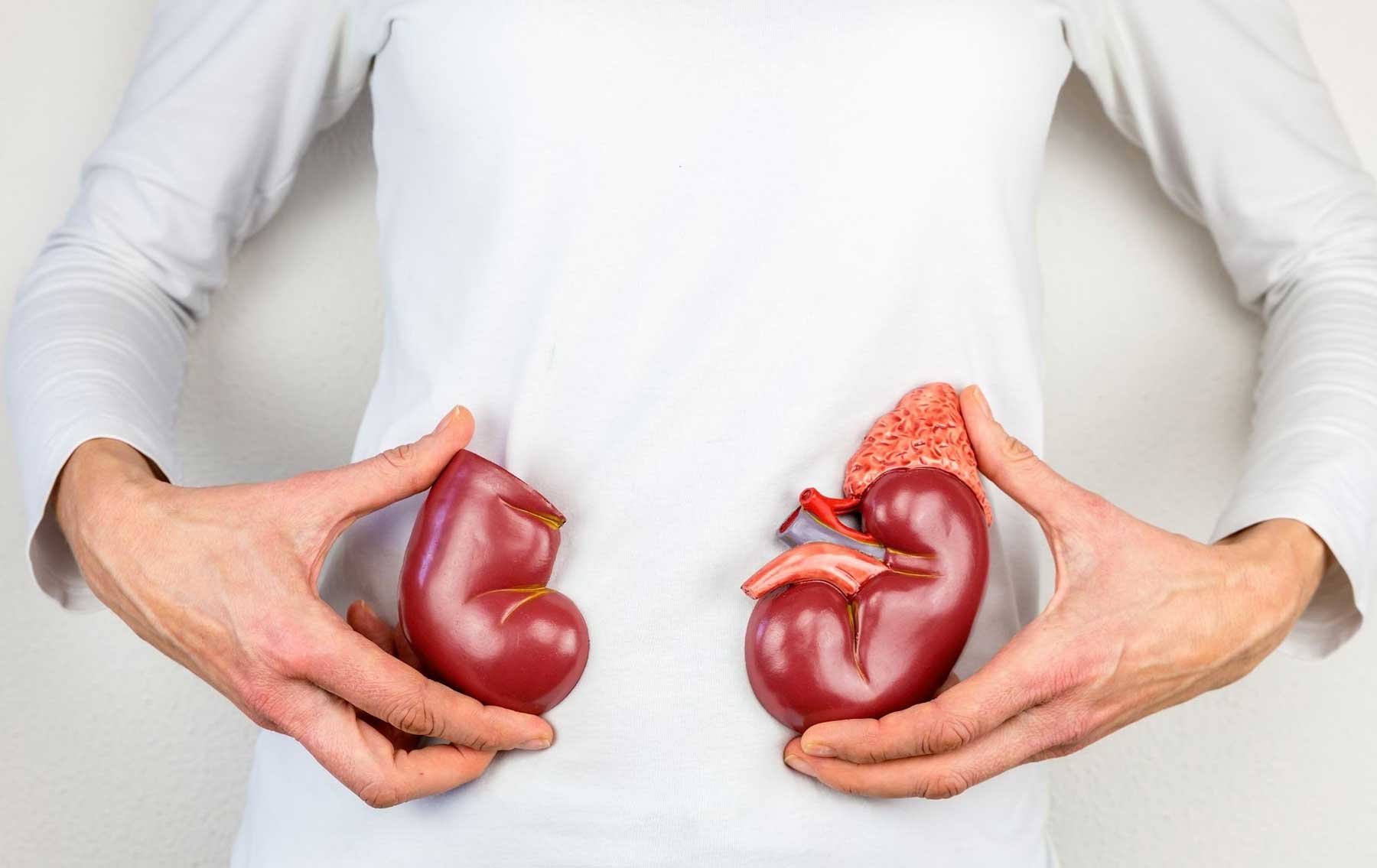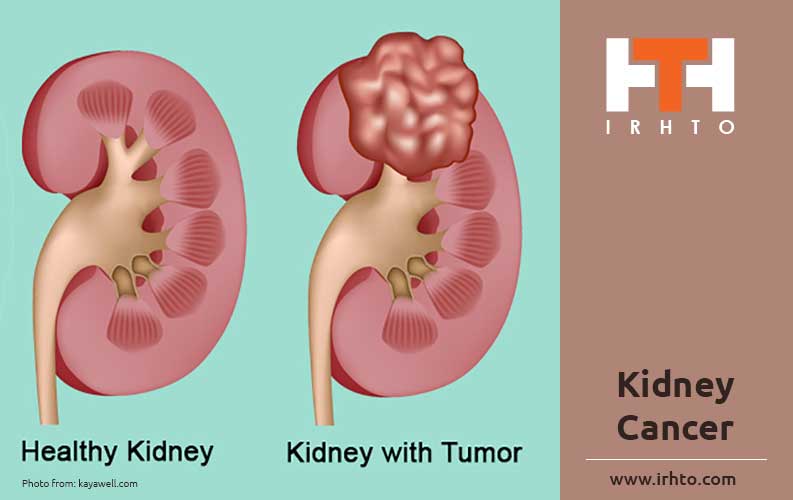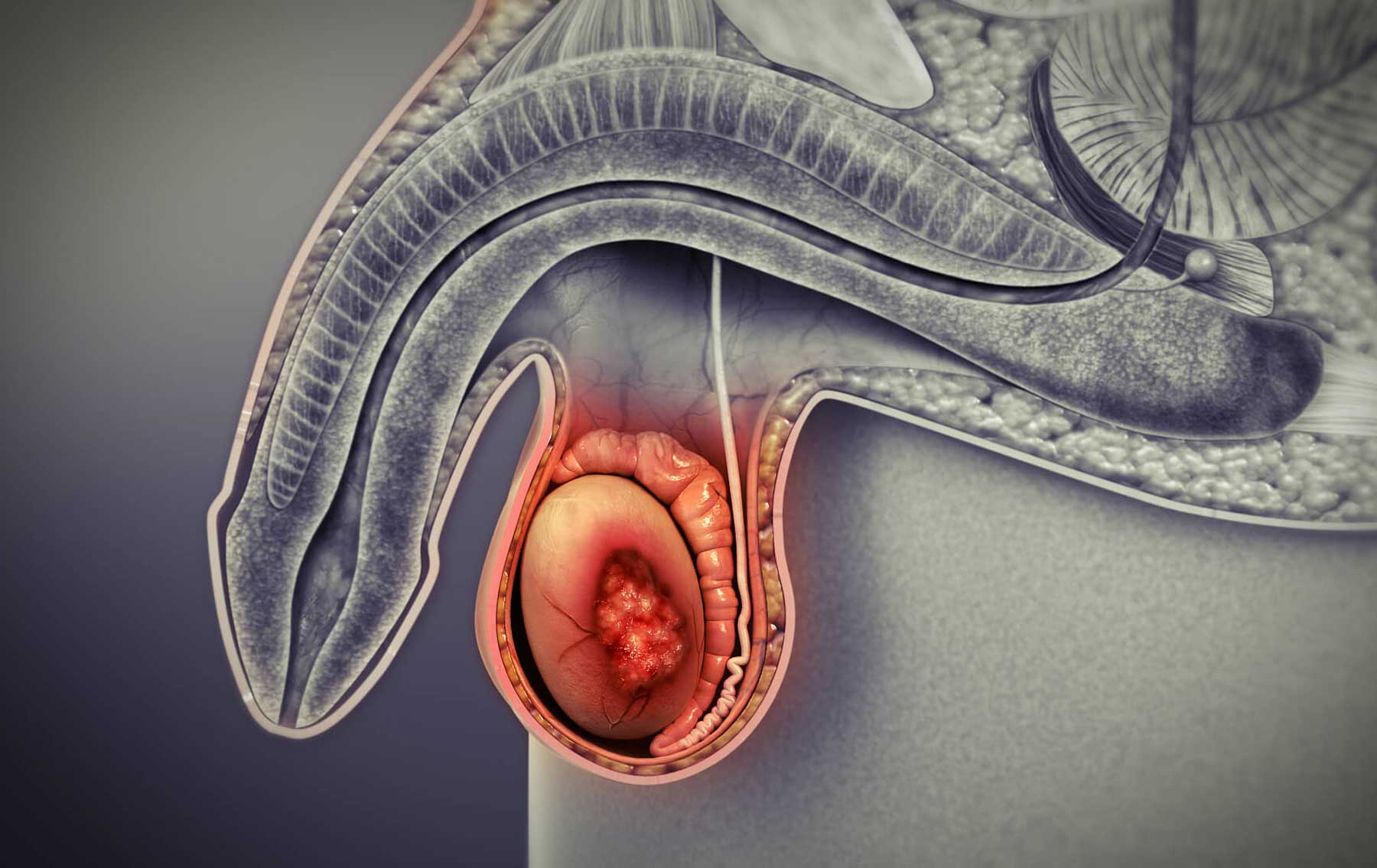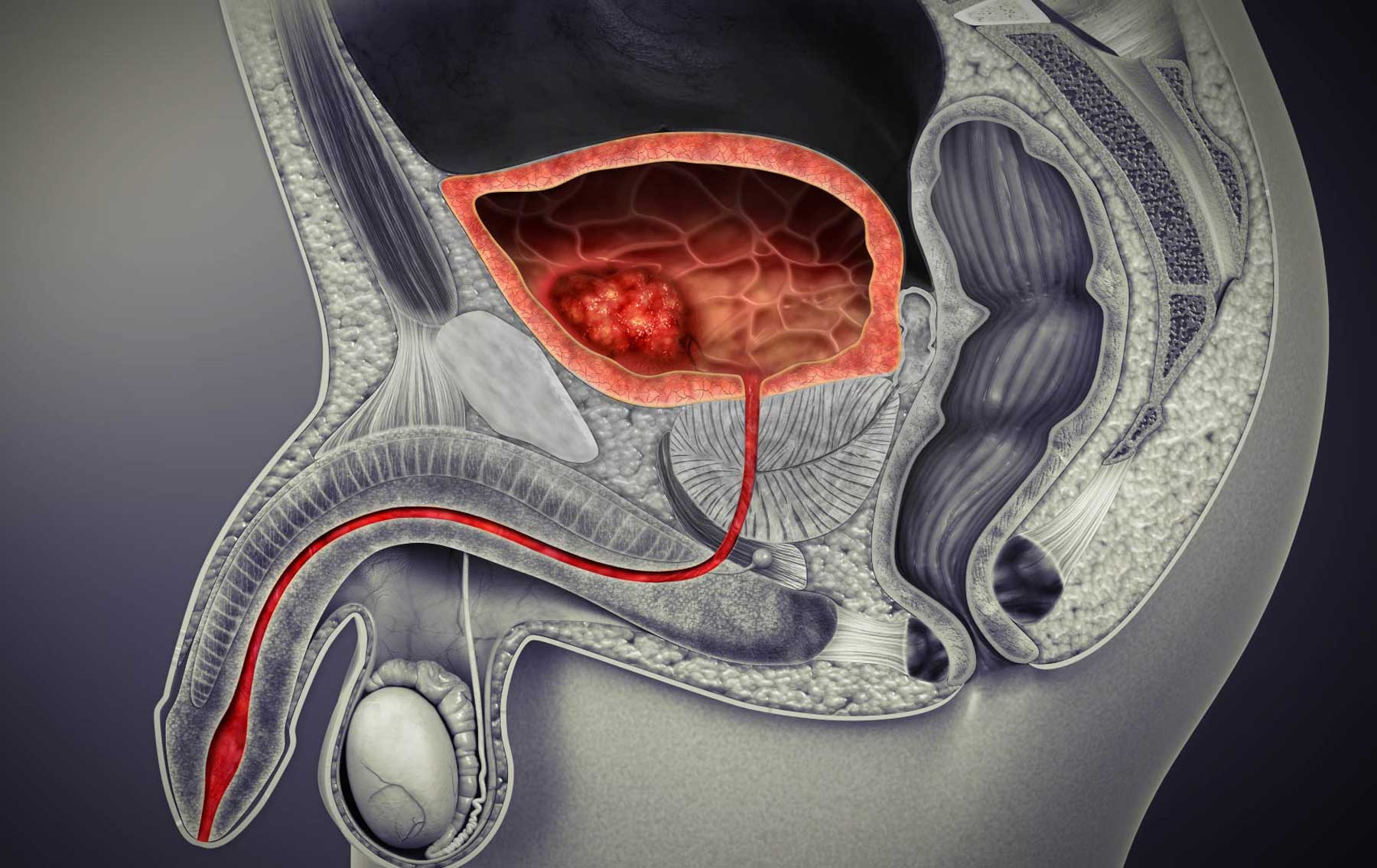Testicular Cancer Testicular cancer is the uncontrolled growth of abnormal cells in one or both…

kidney cancer (or renal cancer)
Cancer is caused by malignant (cancerous) cells that grow and multiply without control. When cancer begins in the tissues of a kidney, it is called kidney cancer (or renal cancer).
The kidneys are two large, bean-shaped organs. One is located to the left of the backbone; the other is to the right. They have many important roles, including filtering blood to create urine, maintaining the balance of water and vital salts needed by the body, and helping control blood pressure.
According to the ACS ( The American Cancer Society), renal cell carcinoma (also known as renal cell cancer) is “by far the most common type of kidney cancer. About 9 out of 10 kidney cancers are renal cell carcinomas.” Other types of kidney cancer include transitional cell carcinoma of the renal pelvis and Wilms tumor.
Risk Factors
- Smokingincreases the risk of developing renal cell carcinoma (RCC). The increased risk seems to be related to how much you smoke. The risk drops if you stop smoking, but it takes many years to get to the risk level of someone who never smoked.
- Obesity. People who are very overweighthave a higher risk of developing RCC. Obesity may cause changes in certain hormones that can lead to RCC.
- Workplace exposures. Many studies have suggested that workplace exposure to certain substances increases the risk for RCC. Some of these substances are cadmium (a type of metal), some herbicides, and organic solvents, particularly trichloroethylene.
- Family history. People with a strong family history of renal cell cancer (without one of the known inherited conditions listed below) have a higher chance of developing this cancer. This risk is highest for people who have a brother or sister with the cancer. It’s not clear whether this is due to shared genes, something that both people were exposed to in the environment, or both.
- High blood pressure. The risk of kidney cancer is higher in people with high blood pressure. Some studies have suggested that certain medicines used to treat high blood pressure may raise the risk of kidney cancer, but it is hard to tell if it’s the condition or the medicine (or both) that may be the cause of the increased risk.
- Advanced kidney disease. People with advanced kidney disease, especially those needing dialysis, have a higher risk of RCC. Dialysis is a treatment used to remove toxins from your body if the kidneys do not work properly.
- RCC is about twice as common in men as in women. Men are more likely to be smokers and are more likely to be exposed to cancer-causing chemicals at work, which may account for some of the difference.
- African Americans and American Indians/Alaska Natives have slightly higher rates of RCC than do whites. The reasons for this are not clear.
- Tuberous sclerosis. People with this syndrome develop many, usually benign (noncancerous) tumors in different parts of the body including the skin, brain, lungs, eyes, kidneys, and heart. Although the kidney tumors are most often benign, occasionally they can be clear cell RCC.
Treatments
The most common treatment for kidney cancer is a surgical procedure called a nephrectomy. (The remaining kidney is generally able to perform the work of both kidneys.) The types of nephrectomies include:
- Partial nephrectomy:The part of the kidney that contains the tumor is removed
- Radical nephrectomy:The whole kidney is removed
A nephrectomy may be traditional (open) or minimally invasive in nature. Laparoscopic nephrectomy is a minimally invasive approach that takes out all or part of the kidney using instruments. These instruments are inserted through small incisions in the abdomen.
Another type of surgery is called ablation, which uses radiofrequency waves or freezing with cryoprobes to destroy tumors. This is an outpatient surgery, usually done with local anesthesia and light sedation; it offers the same benefits as partial nephrectomy.
Nonsurgical treatment options for kidney cancer include:
- Radiation therapyuses high-energy radiation beams to kill or shrink tumors while saving healthy tissue. It may also be used to relieve pain when kidney cancer has spread to the bone
- Targeted therapyuses drugs that attack specific parts of cancer cells. These drugs work differently from standard chemotherapy drugs and often have less-severe side effects
- Biological therapyuses the body’s own immune system to fight cancer.
- Arterial embolizationinvolves the injection of a special gelatin sponge through a catheter to clog the main blood vessel in the kidney. The procedure shrinks the tumor by blocking the passage of oxygen-carrying blood and other substances it needs to grow.
- Active surveillancerecognizes that some patients with kidney cancer may not need treatment right away, and may be followed – sometimes for many years – with close observation until such time as treatment is needed.
https://www.cancer.org/
Photo from: khairodiet.com and kayawell.com




